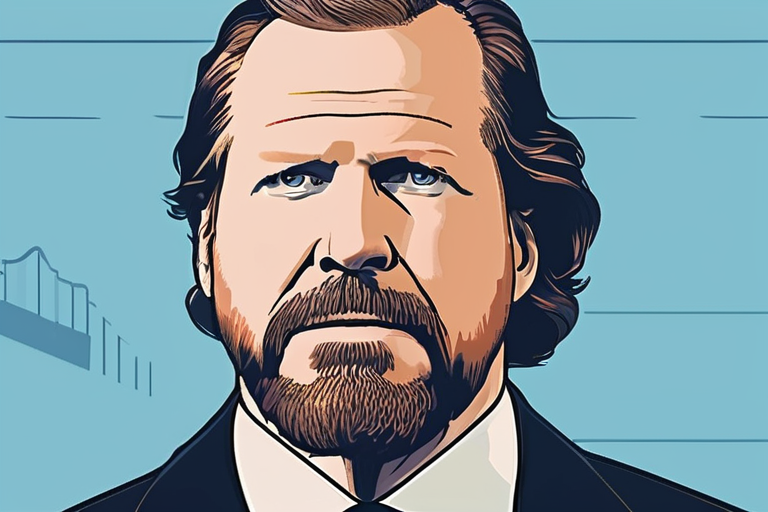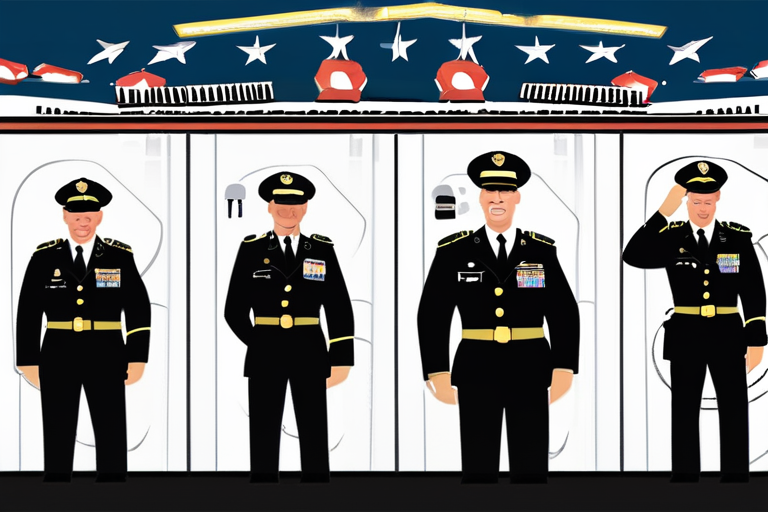As Americans observe Veterans Day, a significant number of current Fortune 500 CEOs have served in the armed forces, including a foreign military, highlighting the transferable leadership skills that can be applied to the corporate world. According to a recent analysis, at least 25 CEOs of Fortune 500 companies have military backgrounds, with some having served in top leadership positions.
These CEOs have risen through the ranks and commanded troops, developing skills that are highly valued in the business world, such as strategic planning, decision-making, and teamwork. FedEx founder and former CEO Fred Smith, for instance, credited his experience in the Marine Corps and the Vietnam War with helping him establish the shipping giant. Smith emphasized the importance of wartime logistics and the Marine tradition of small-unit leadership, stating that "everything that went into FedEx that made the business that it is today relates to what I learned in the Marine Corps."
The financial details of these CEOs' backgrounds are impressive. According to a report by the Pew Research Center, 22% of Fortune 500 CEOs have served in the military, with the majority having served in the US Armed Forces. The report also found that CEOs with military backgrounds tend to have higher levels of education, with 71% holding a bachelor's degree or higher. Additionally, 55% of CEOs with military backgrounds have an MBA or other advanced degree.
The market impact of these CEOs' military backgrounds is significant. A study by the Harvard Business Review found that companies led by CEOs with military backgrounds tend to outperform their peers in terms of revenue growth and stock price performance. The study attributed this to the leadership skills and strategic thinking that CEOs with military backgrounds bring to the table.
The companies led by these CEOs are diverse and include some of the world's largest and most successful businesses. FedEx, for instance, is a global logistics giant with revenues of over $80 billion. Other companies led by CEOs with military backgrounds include General Dynamics, Lockheed Martin, and Raytheon Technologies.
The future outlook for these CEOs and their companies is promising. As the global economy continues to evolve and become increasingly complex, the leadership skills and strategic thinking that CEOs with military backgrounds bring to the table will be highly valued. Additionally, the growing importance of emerging markets and the need for companies to adapt to changing global circumstances will require CEOs with the ability to think strategically and make quick decisions.
In conclusion, the number of current Fortune 500 CEOs with military backgrounds is a testament to the transferable skills that can be applied to the corporate world. As the global economy continues to evolve, the leadership skills and strategic thinking that these CEOs bring to the table will be highly valued, and their companies are well-positioned for future success.



























Share & Engage Share
Share this article